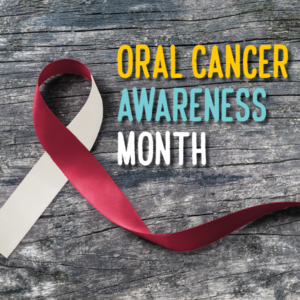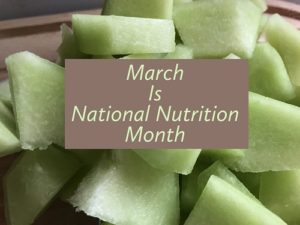It’s well known that asthma causes a narrowing of the airways, reduces oxygen flow, and makes it difficult to breathe. It’s a chronic, scary disease that affects the lungs and entire respiratory system. But can it be true that asthma may also affect dental health? The team at our dental office in Buckhead has the surprising answer in this week’s blog.
Asthma By The Numbers
More than 20 million adults and over 6 million children in the United States alone suffer from asthma. There is no cure for this disease that takes the lives of an estimated 3,600 people every year. Even more suffer asthma attacks, become sick, or are even hospitalized. Asthma is not a disease to take lightly and patients should take their medication as prescribed. However, there are some lesser known side effects of asthma that should be talked about.
Asthma & Cavities
It’s incredibly common for asthma sufferers to breathe out of their mouths instead of their noses – simply because it’s easier and they can get more oxygen that way. But mouth breathing is a known contributor to dry mouth and cavities. Constantly exposing the inside of the mouth to air really reduces saliva production. Typically, saliva would rinse away damaging bacteria and acid, but without it, they’re left behind to do some serious damage. Both bacteria and acid will attack enamel, removing the teeth’s protective barrier and increasing the likelihood for cavities. What’s more is that common asthma treatments may also cause dry mouth, which doubles the risk of inadequate saliva production and decay.
Keep Your Mouth Healthy
Asthma patients are more likely to develop cavities, but following the steps below can help minimize the risk of dental problems.
- Stay Hydrated. Water is a dry mouth sufferer’s best weapon of defense. Water can help pick up the slack of reduced saliva flow and rinse away bad bacteria and acid. Drinking water throughout the day may even help saliva production increase and further protect your teeth. Choose water as often as possible and keep yourself hydrated.
- Tell Your Dentist. Your dentist in Buckhead will ask about your health history and any medications you’re taking. It’s important to tell them the truth. Many diseases and medicines can affect oral health, not just asthma, and the more your dentist knows the better care they’ll be able to give.
Besides following the tips above, you should always brush and floss your teeth regularly. If it’s been longer than six months since you’ve been to the dentist, we welcome you to call our Buckhead dental office to schedule your appointment today.















